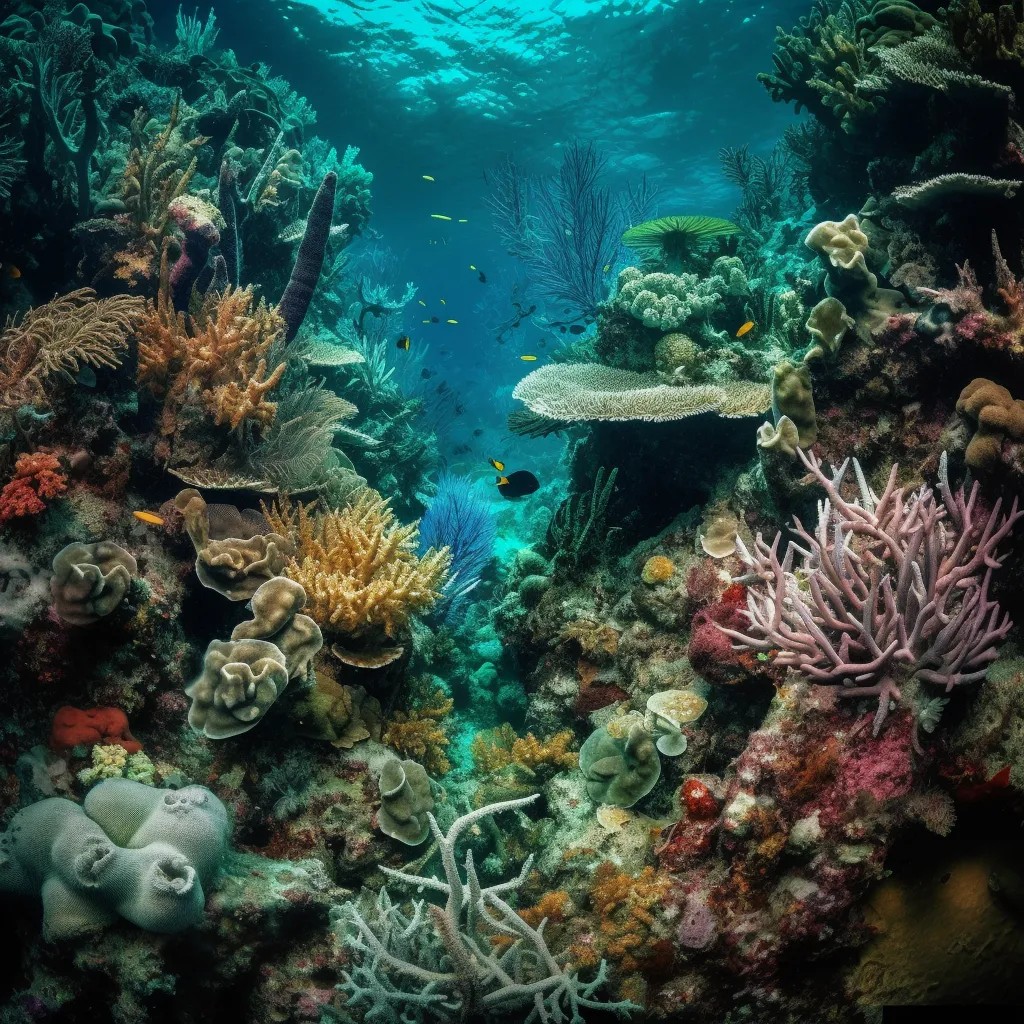The Philippines is located in a region called the Coral Triangle; an area of exceptional importance as it is recognized as the global center for marine biodiversity. Within this region, the Philippines is also known as the center of this center. The marine resources are made up of coral reefs, seagrass beds, seaweeds, invertebrates, fisheries, and many others. Unfortunately, the Philippines is facing challenges to conserve its marine biodiversity due to overfishing, destructive fishing practices, and mariculture-derived eutrophication and coastal acidification, among others. These human activities coupled with climate change pose serious threats and possible decimation of its marine biodiversity.
The Philippines has reported 468 scleractinian corals, 1,755 reef-associated fishes, 648 species of mollusks, 19 species of seagrass and 820 species of algae, among other marine taxa. Using molecular tools, this list will continue to grow as new species and new records are added. Moreover, information on ecophysiological responses and how populations are connected by larval dispersal is vital in understanding the prospects for sustaining biodiversity. Due to the richness of Philippine marine biodiversity, conservationists have advocated the country becoming a special focus of marine conservation efforts. Threats to Philippine marine biodiversity include mariculture-derived eutrophication and coastal acidification, harmful algal blooms, fisheries operations, habitat alteration, and global climate change. Knowledge on organismal stress physiology is key in understanding how populations can adapt or perish under anthropogenic and global climate change scenarios.
The Research Topic covers organismal and chemical biodiversity of Philippines reef systems, population connectivity, and how different species and populations respond to natural and anthropogenic stressors. We are interested in receiving original research, perspective and review papers addressing biodiversity of different taxa of marine flora and fauna, both benthic and pelagic, and the impacts of natural (e.g. submarine groundwater discharge) and anthropogenic (e.g. mariculture-derived eutrophication and coastal acidification, and ocean warming) stressors on the species' existence and consequently marine biodiversity.
The Philippines is located in a region called the Coral Triangle; an area of exceptional importance as it is recognized as the global center for marine biodiversity. Within this region, the Philippines is also known as the center of this center. The marine resources are made up of coral reefs, seagrass beds, seaweeds, invertebrates, fisheries, and many others. Unfortunately, the Philippines is facing challenges to conserve its marine biodiversity due to overfishing, destructive fishing practices, and mariculture-derived eutrophication and coastal acidification, among others. These human activities coupled with climate change pose serious threats and possible decimation of its marine biodiversity.
The Philippines has reported 468 scleractinian corals, 1,755 reef-associated fishes, 648 species of mollusks, 19 species of seagrass and 820 species of algae, among other marine taxa. Using molecular tools, this list will continue to grow as new species and new records are added. Moreover, information on ecophysiological responses and how populations are connected by larval dispersal is vital in understanding the prospects for sustaining biodiversity. Due to the richness of Philippine marine biodiversity, conservationists have advocated the country becoming a special focus of marine conservation efforts. Threats to Philippine marine biodiversity include mariculture-derived eutrophication and coastal acidification, harmful algal blooms, fisheries operations, habitat alteration, and global climate change. Knowledge on organismal stress physiology is key in understanding how populations can adapt or perish under anthropogenic and global climate change scenarios.
The Research Topic covers organismal and chemical biodiversity of Philippines reef systems, population connectivity, and how different species and populations respond to natural and anthropogenic stressors. We are interested in receiving original research, perspective and review papers addressing biodiversity of different taxa of marine flora and fauna, both benthic and pelagic, and the impacts of natural (e.g. submarine groundwater discharge) and anthropogenic (e.g. mariculture-derived eutrophication and coastal acidification, and ocean warming) stressors on the species' existence and consequently marine biodiversity.
